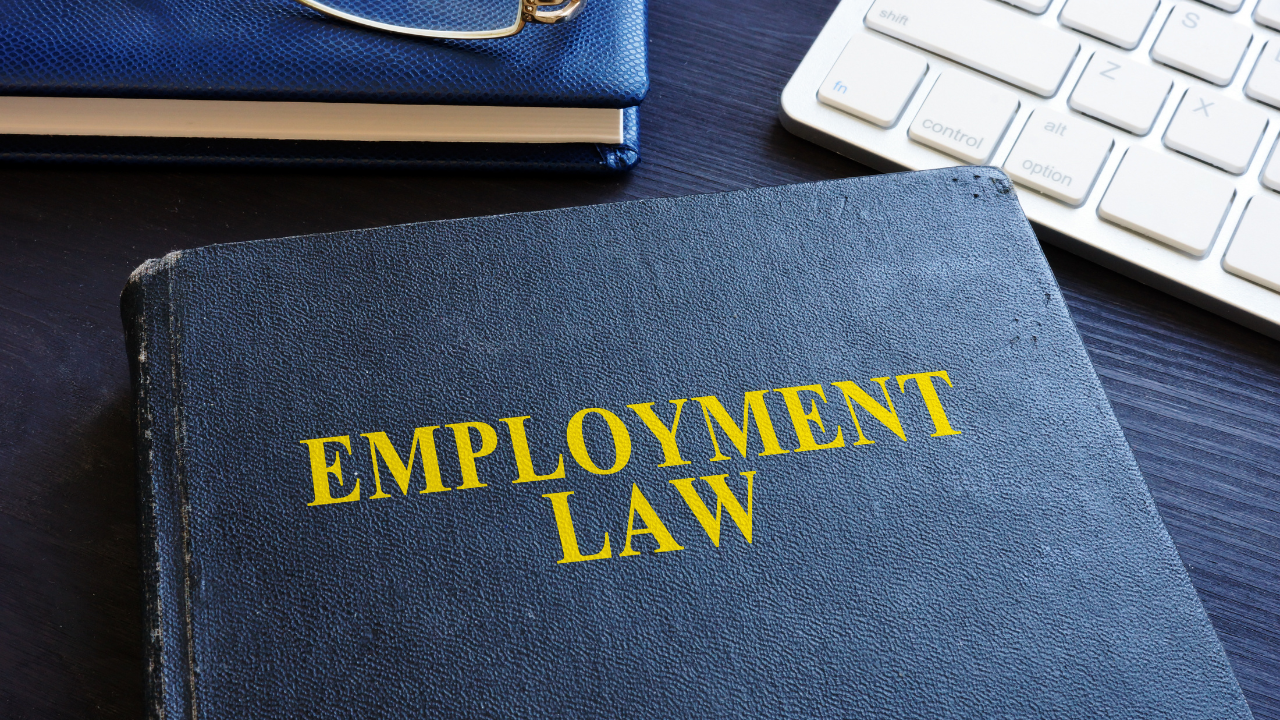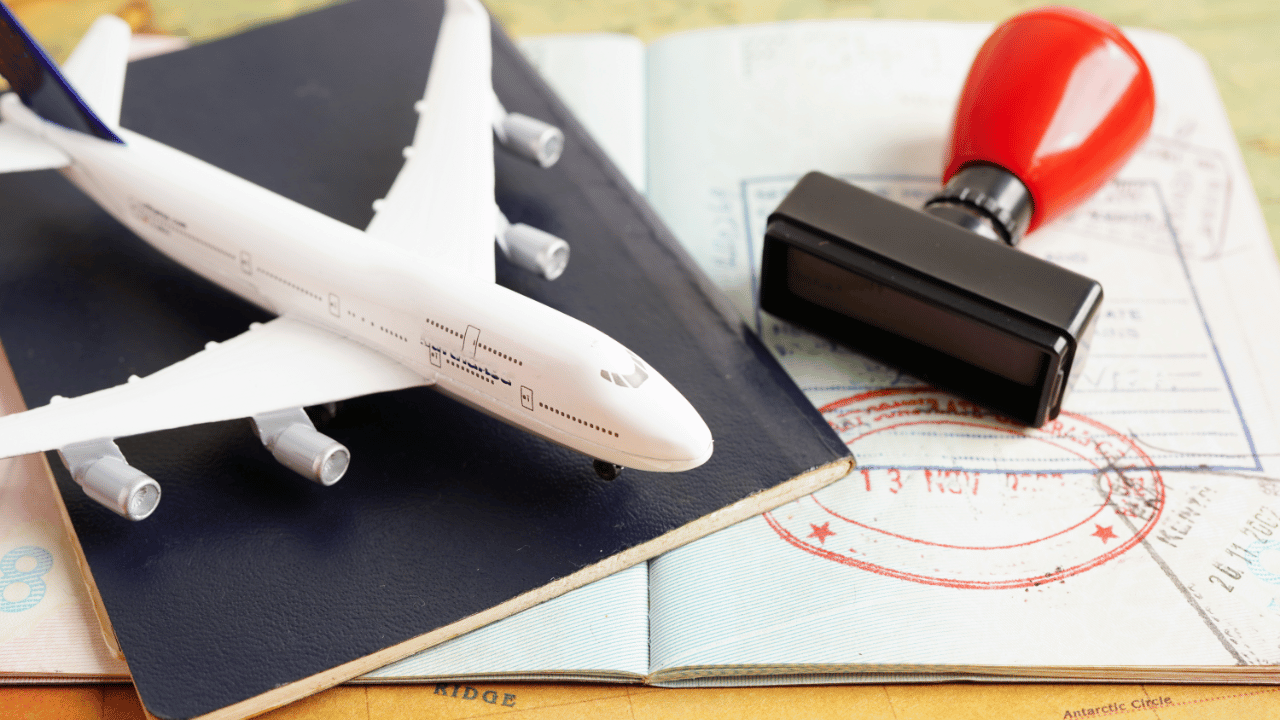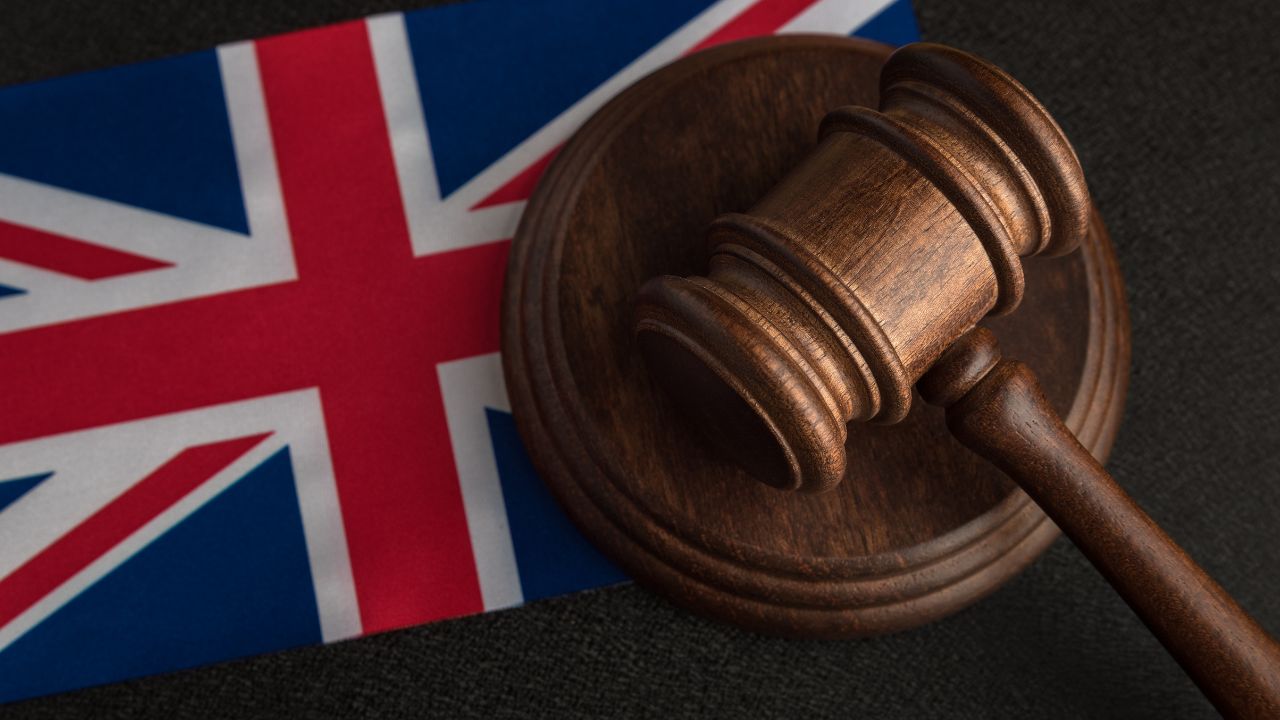Where an employee is suspended by their employer on health and safety grounds, because of a possible risk of infection which does not fall within the government’s self-isolation advice, it is likely that they have the right to continue to receive full pay on the basis of the employer’s implied duty to pay wages. This assumes that there is no express contractual provision to the contrary and that the employee is contractually entitled to be provided with work. Some casual employees may have no entitlement to be provided with work and therefore have no entitlement to pay if the employer does not provide them with work due to a fear of possible infection.
Where an employee is willing and able to perform work in accordance with the contract, there is an implied term that the employer has an obligation to pay wages, unless there is a contractual right not to do so. An employer may argue that the employee is not able to work because of the risk that they pose to colleagues. However, this does not affect their ability to come into work and perform their duties so it would be risky to withhold pay on this basis. Withholding pay may also discourage employees from identifying a risk that they may have been infected and indirectly lead to an increased risk of infection in the workplace. An employee in these circumstances will not be entitled to SSP because they are not unfit to work.
The public health bodies in England, Wales and Scotland are continually monitoring their advice on self-isolation. Because of the link between the public health advice and entitlement to SSP, it is important that employers keep updated on this issue.
Arguably, an employer requiring an employee to self-isolate because they have returned from a high-risk country will need to pay the employee full pay for the reasons set out above. This does not seem to reflect the government’s intention. However, given the link between public health guidance on self-isolation and SSP, it may well represent the legal position.
Employers should consider the health and safety issues that could arise if it allows employees who have returned from countries with a high incidence of COVID-19 to return to the workplace, irrespective of the government guidance and the SSP position.
















